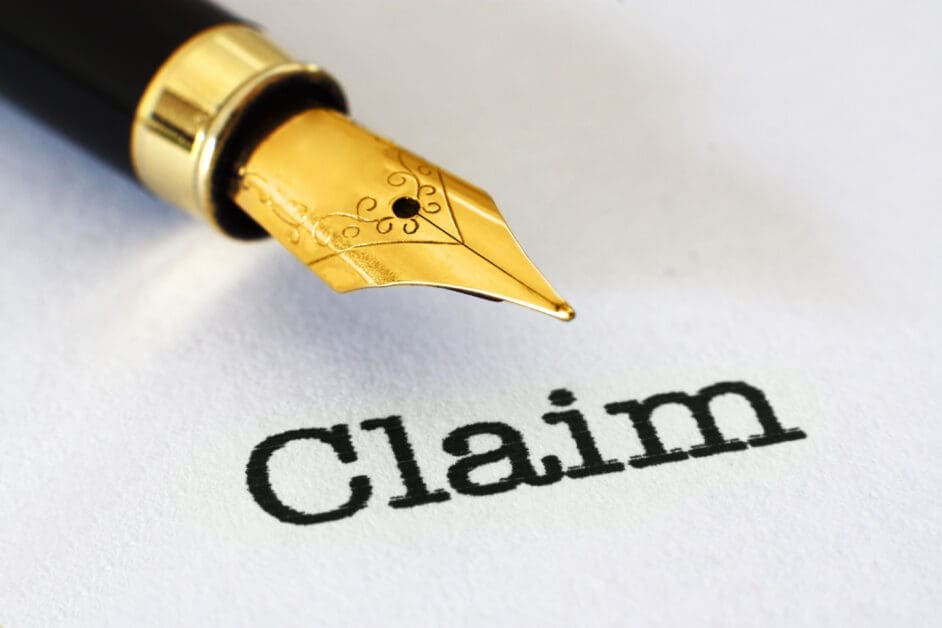7 Common Mistakes That Can Devalue Your Car Accident Claim
The moments following a car accident are often filled with confusion and stress. The actions taken during this period can influence the outcome of an insurance claim. This guide explores seven common factors affecting seeking physical and financial recovery compensation.
Understanding these potential pitfalls can help individuals be better informed about the claims process. This article provides general information to help explain how insurance companies may evaluate a claim and the types of issues that can arise.
Navigating The Aftermath: Common Issues in the Claims Process
Various factors can impact one’s legal and financial interests following a vehicle collision. The following are common issues that may arise during the claims process, sometimes affecting the outcome for the injured party.
1. Delaying or Forgoing Medical Treatment
A delay in seeking medical attention can sometimes complicate a claim. Insurance adjusters may question whether a gap in treatment indicates that injuries were not serious or were caused by an event other than the accident. Certain injuries, such as whiplash or internal issues, may not present symptoms immediately. For this reason, seeking a prompt medical evaluation is often recommended to document any potential injuries and establish a clear record connecting them to the accident. Following prescribed treatment plans and keeping records of medical visits can create a solid foundation for a claim.
2. Providing a Recorded Statement Without Counsel
It is common for the other party’s insurance adjuster to request a recorded statement. The purpose of this statement from the insurer’s perspective is to gather information and assess the claim. Adjusters ask questions that could elicit responses that might be used to minimize the value of a claim. Individuals are generally not legally obligated to provide recorded statements to the other driver’s insurer. Because of this, many legal experts advise individuals to understand their rights before agreeing to one. A common approach is to defer such requests to legal counsel, if retained.
3. Accepting the Insurer’s First Settlement Offer
Financial pressure after an accident can make a quick settlement offer seem appealing. It is widely recognized that initial settlement offers may not account for the full extent of damages, such as future medical bills or long-term lost earning capacity. Accepting an early offer typically requires signing a release, which forfeits the right to seek further compensation. For this reason, many people consult with a legal professional to get an accurate valuation of their claim before accepting any offer. A competent Fort Lauderdale car accident lawyer can be an invaluable ally. They typically understand adjusters’ tactics and can build compelling cases to maximize compensation.
4. Admitting Fault or Apologizing at the Scene
In the aftermath of a crash, statements can be legally significant. An insurance company might interpret an apology, such as I’m sorry, as an admission of guilt, which could be used to assign liability. In some jurisdictions, drivers are specifically cautioned about this possibility. To avoid ambiguity, it is often suggested that individuals focus on the factual exchange of information with the other driver and law enforcement, and let the official investigation determine liability.
5. Failing to Document Everything
Strong evidence is a key component of any claim. Resolving disputes can become more difficult without photos, witness statements, and official records. Research shows that 61% of drivers neglect to capture photographic documentation of the scene. Photographic and video evidence of vehicle damage, skid marks, road conditions, and injuries can be permanent, objective records. Obtaining contact information from witnesses and the official police report can also help substantiate the facts of the event.
6. Posting on Social Media
Insurance companies commonly review a claimant’s social media profiles during an investigation. Even when innocent, posts, photos, or comments can sometimes be taken out of context to argue that injuries are less severe than claimed. Being mindful of social media activity and privacy settings while a claim is ongoing is a widely suggested practice to prevent potential misinterpretations.
7. Not Hiring an Attorney
Managing the claims process and insurance companies without professional guidance can be challenging. An attorney can manage the complexities of a claim, from evidence collection and negotiation to potential litigation. This allows the individual to focus on recovery while a professional advocates on their behalf to secure compensation. For those considering legal help, many personal injury firms provide free initial consultations to discuss the case.
Expert Legal Advocates for South Florida Accident Victims
The aftermath of a car accident is a vulnerable time, but you do not have to navigate it alone. You can safeguard your claim’s value by avoiding these common mistakes—from delaying medical care to accepting a premature settlement offer. An experienced personal injury attorney is your advocate, making sure your rights are upheld and fighting for the full compensation necessary for your recovery.
This article is for general information only and does not constitute legal advice. Consult a qualified attorney for advice and guidance on your situation.















